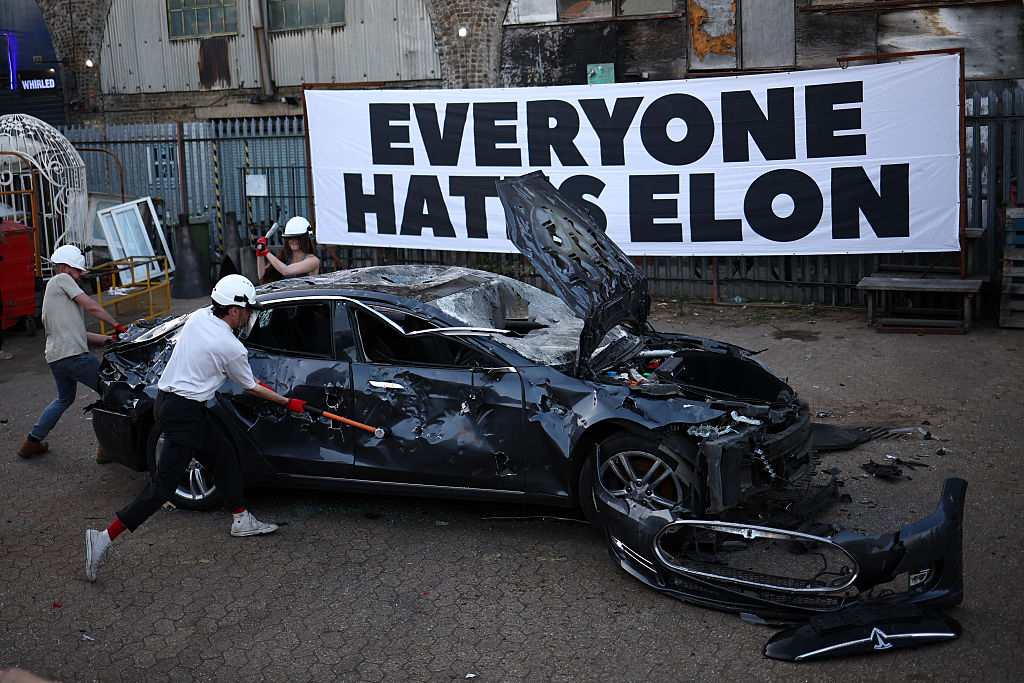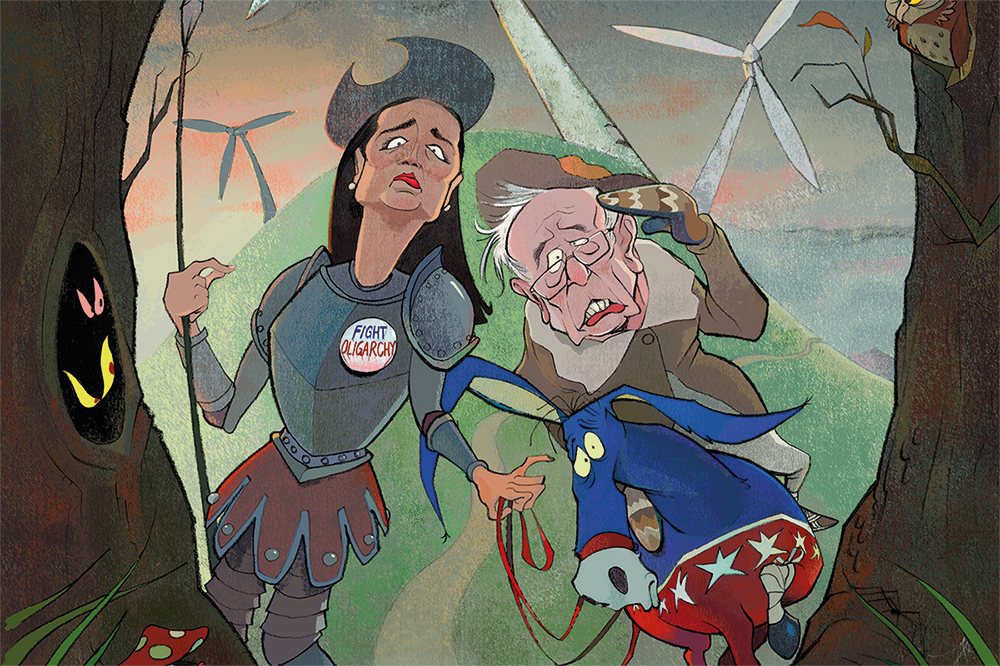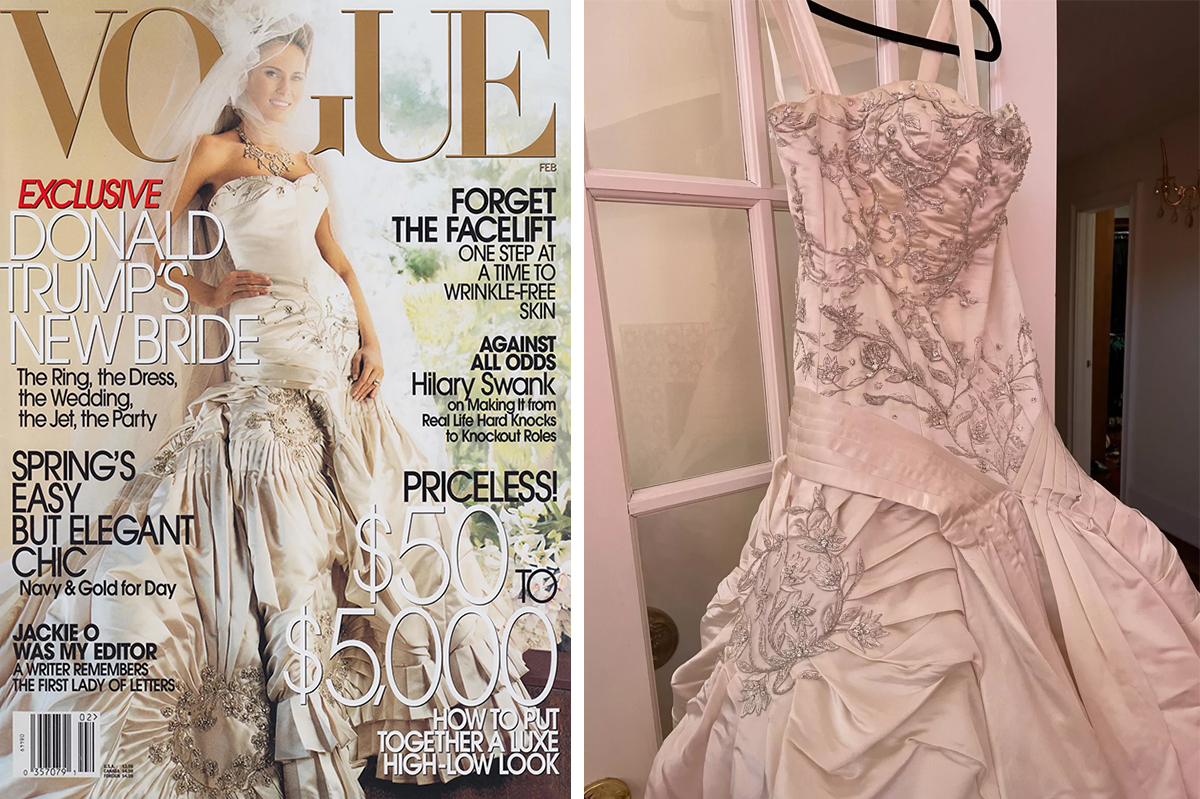Kemmerer, Wyoming
Human beings have always accounted for themselves in generations. The ancient Israelites distinguished between those who walked in the paths of Yahweh and those that wandered into the shrubbery after strange gods; later, Christ contrasted evil generations with reverent ones. In post-Biblical days, sensitivity to the distinctiveness of generations seems to have grown weaker, or at least blurred down to the early 20th century, when the Lost Generation (so dubbed by Gertrude Stein after the Great War) was succeeded by the so-called Greatest Generation, who begat the baby boomers, who begat Generation X, who begat… the millennials.
These distinctions were originally intellectual, social and political. But as time passed and American commercialization grew more pervasive, and that form of arcane expertise called ‘marketing’ moved front and center, distinguishing one generation from another came to be a matter of identifying, targeting, and finally creating markets, often characterized by superficial tastes and fads, to the point where the latest generation was viewed as being synonymous with the character of the market itself. To create a market was thus almost to create a generation, and to shape it. The millennial generation demonstrates and reflects the increasing ability to do so.
More discriminating social scientists distinguish between the millennials (born between the early Eighties and the mid-Nineties), or Generation Y, and Generation Z (born between the mid-Nineties and, roughly speaking, the present day). The distinctions between them seem unnecessarily pedantic, however, since these generations have been molded by the same forces.
As spoiled as the boomers, as callow as Generation X, the millennials are the first generation raised in the bubble-world of digital technology. Their mastery of it has endowed them with the intolerable smugness of young adepts operating on a level far above that of their elders, who struggle to keep up. Indeed, millennials have succeeded in transforming themselves into extensions of their computers, smartphones, iPads, and other technical marvels, and so kicked free of the natural world. The average millennial has never built a campfire, shot a deer, found his way out of the woods using a compass and topo map, yet he is confident that his gadgets give him personal mastery over nature, red in tooth and claw. Believing digital civilization to be the highest yet invented, and vastly more at ease in it than immediately previous generations, they are convinced that they hold the key to contemporary politics and thus the future. I know several, indeed, who are convinced that Alexandria Ocasio-Cortez is certain to be elected president of the United States the instant she reaches the constitutionally stipulated age of 35.
The second powerful influence on the millennial mind and character is our system of higher education, which over the past two or three decades has been supposed to possess magical qualities, including the Midas touch by which the ceremonial tap of a rolled diploma on the right and left shoulders of the newly minted demigod confers glorious success upon any enterprise he undertakes in future. Every millennial college graduate believes absolutely (like his parents before him) that a diploma is the sacramental sign of all human wisdom, knowledge, decency, aspiration, and omniscience, by which the subjugation and transformation of worlds is made possible. He never suspects that what his so-called higher education has actually done is to make him both an incurable identitarian and a globalist: in short, a person consisting of two irreconcilable parts. More dangerously so far as the rest of us are concerned, it has made him a libertarian who, with complete and unquestioned inconsistency, is, deep down, an authoritarian ever ready and willing to compel the unwilling — by force, if necessary — to submit to, and even profess, his ‘values’ and ‘ideals’.
At bottom the millennial is a narcissist, his exquisite sensitivity matched equally by the most utter and complete insensibility to real people. Of this pathetic combination, the so-called ‘Squad’ of young congresswomen presently harassing the House of Representatives is a nearly perfect representation of the millennial character. As an inversion of moral and social reality, narcissism is dangerous to a sane, safe, and responsible sociopolitical system; and so millennialism, hitherto treated as a joke by reasonable people of any age, is fast becoming a sinister political force.
While the American body politic of today is scarcely in good health, it does seem capable of generating antibodies to attack the disease — in a word, reaction. The reactionaries are out there, in the People’s House, on the Republican side of the Senate, on the Supreme Court, in all the red-state capitals, in the Department of Homeland Security and ICE. Whoever and wherever they are, the millennialismos will be looking to hunt them down.
This article is in The Spectator’s October 2019 US edition.

























